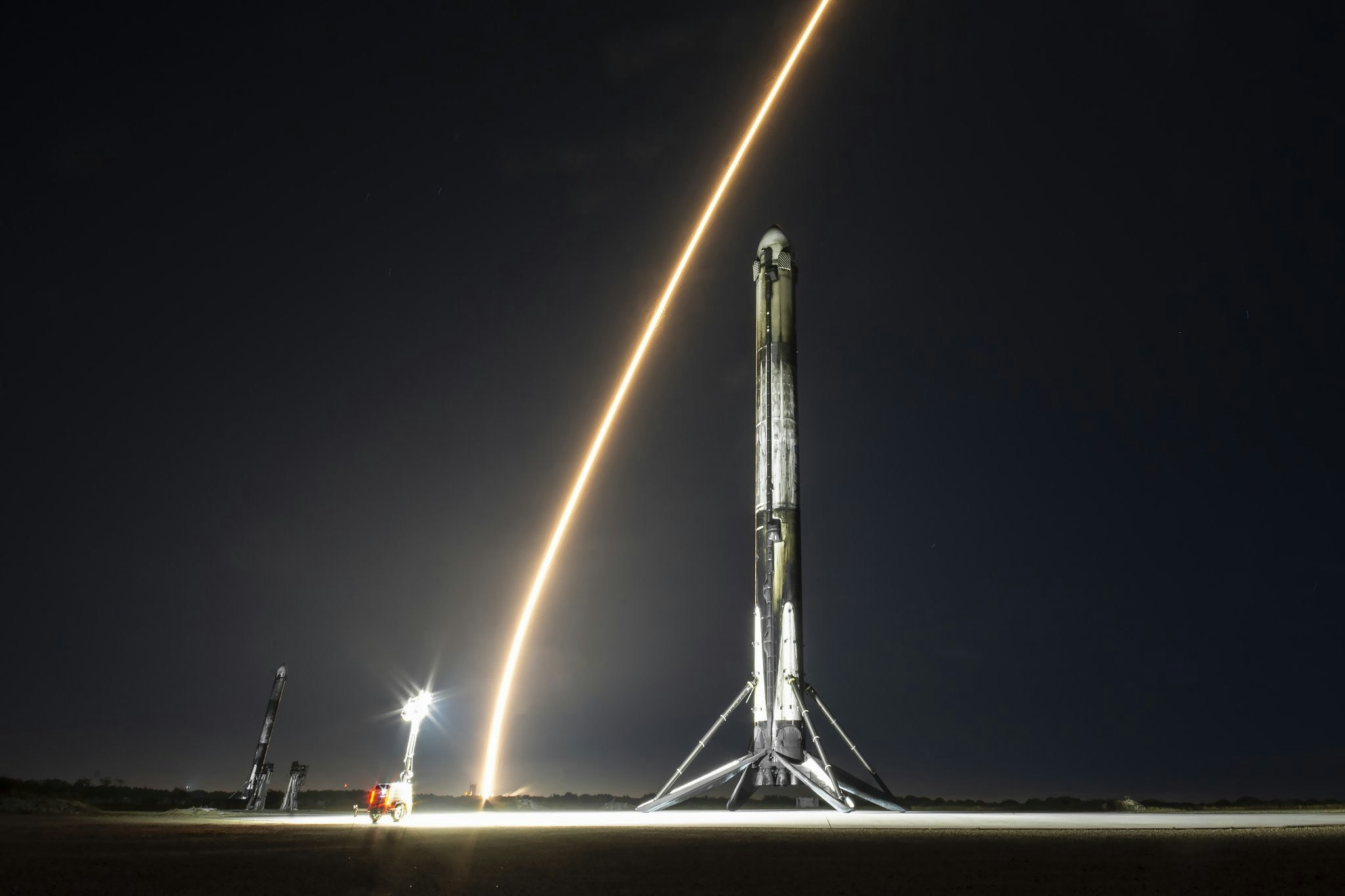The technology giant Google sees its ambitious goal of achieving "net zero" by 2030 in jeopardy due to the high energy demand of its AI systems.
According to the environmental report released on Tuesday by the Silicon Valley company, Google's greenhouse gas emissions have increased by 48 percent in the past five years. This is primarily due to the expansion of its data centers that support artificial intelligence (AI). In 2023, Google's pollution amounted to 14.3 million tons of CO2 equivalent, an increase of 13 percent compared to the previous year.
Google acknowledged that the rise in emissions "highlights the challenge of emissions reduction," while simultaneously investing in the development of large language models and the associated infrastructure. The environmental impacts of AI are "complex and difficult to predict," according to the company.
Kate Brandt, Chief Sustainability Officer at Google, emphasized that the company is still pursuing its 2030 goal, despite highlighting the "extremely ambitious" nature of the target. "We still expect our emissions to rise before they fall," said Brandt.
Brandt added that Google is "working very hard" to reduce its emissions, including by signing contracts for clean energy. There are also "enormous opportunities for climate protection solutions enabled by AI," she said.
While Google, Amazon, and Microsoft invest billions of dollars in AI, climate researchers have raised concerns about the environmental impact of these energy-intensive tools and systems. In May, Microsoft admitted that its emissions have increased by almost a third since 2020, mainly due to the construction of data centers.
Energy production and transmission bottlenecks are already posing a challenge for companies that want to expand the new technology. Bernstein analysts stated in June that AI 'could double the growth rate of US electricity demand, and total consumption could exceed the current supply within the next two years'.
The heading translated to English is:
"In Google's environmental report, it was reported that the company's energy-related emissions increased by 37 percent in 2023 compared to the previous year, accounting for a quarter of the total greenhouse gas emissions. Supply chain emissions – the largest share, accounting for 75 percent of total emissions – also increased by 8 percent.
Google has committed to achieving net zero direct and indirect greenhouse gas emissions by 2030 and using carbon-free energy during every hour of every day within every grid it operates in. However, the company warned that the "termination" of some clean energy projects in 2023 has reduced the amount of available renewable energy.
Simultaneously, the energy consumption of Google's data centers has "exceeded the ability to bring more clean energy projects online in the U.S. and the Asia-Pacific region." The energy consumption of Google's data centers increased by 17 percent in 2023 and accounted for an estimated 7-10 percent of the global energy consumption of data centers, according to the company. The data centers also consumed 17 percent more water in 2023 compared to the previous year, according to Google.







